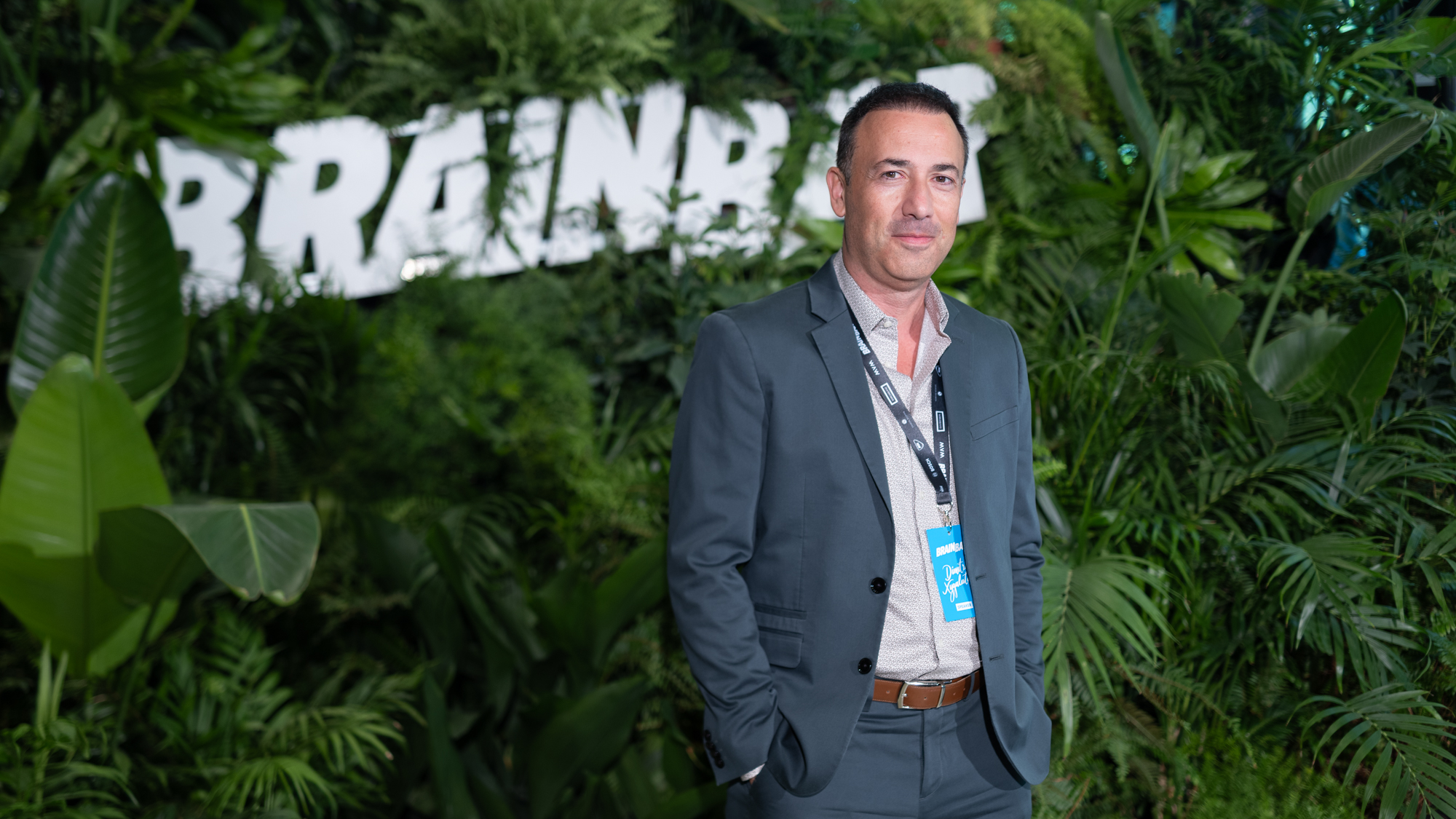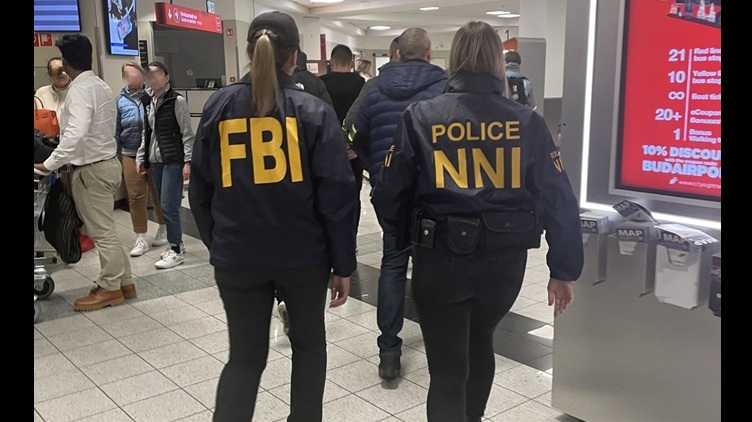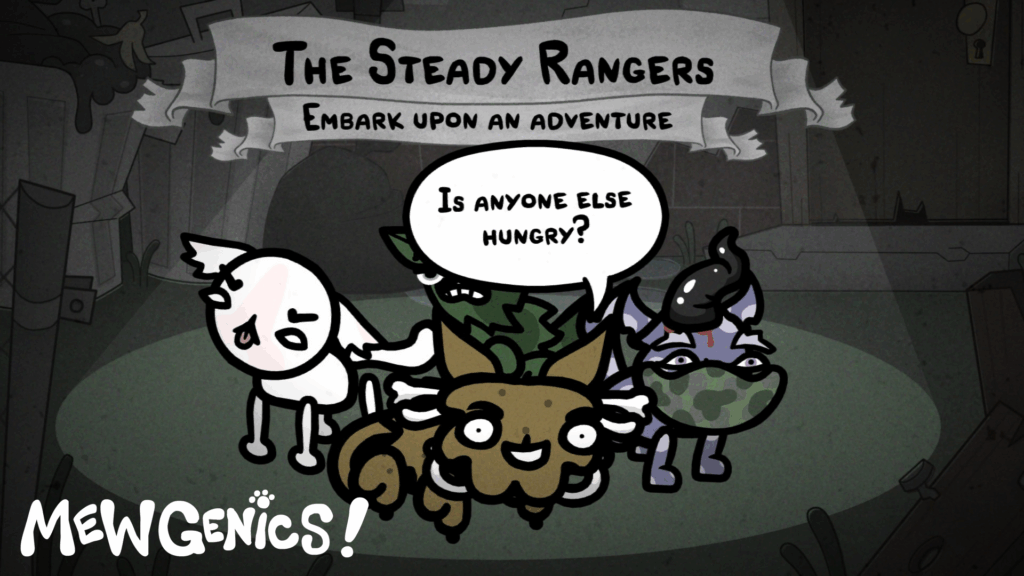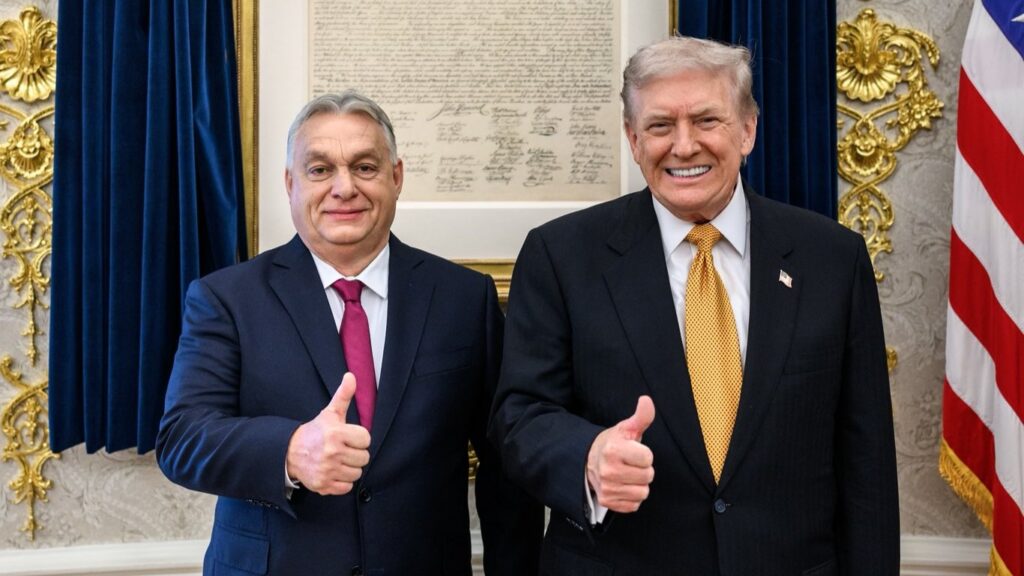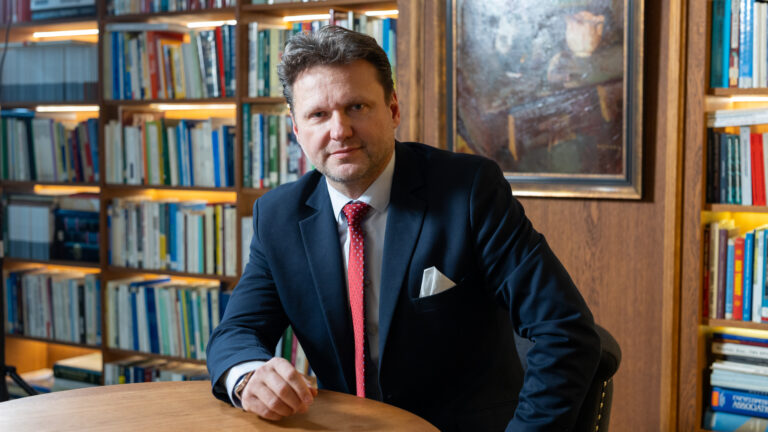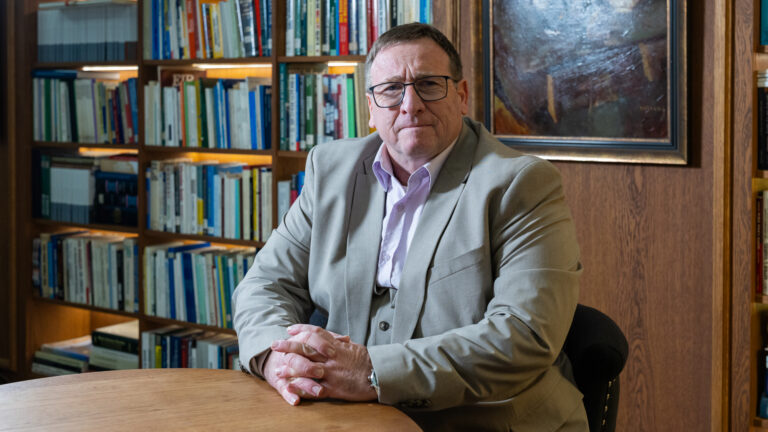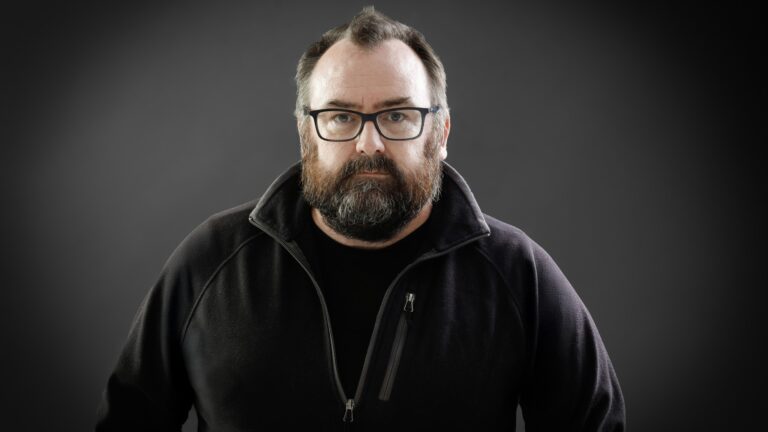Dimitris Xygalatas is a cognitive anthropologist whose work focuses on ritual, sports, cooperation, and the interaction between cognition and culture. He earned his PhD in Anthropology from Queen’s University Belfast in 2007. He currently serves as Associate Professor of Anthropology and Psychological Sciences at the University of Connecticut, where he directs the Experimental Anthropology Lab. Before UConn, he held positions at Princeton, Aarhus, and Masaryk Universities, and he was Director of LEVYNA (the Laboratory for the Experimental Research of Religion). He is the author of The Burning Saints and Ritual: How Seemingly Senseless Acts Make Life Worth Living.
***
Why do we cling to rituals, even when they seem meaningless?
At the end of the day, rituals are one of the things that make us human. If you look at what separates us from other animals, there was a time when anthropologists would point to things like tool use, empathy, or large-scale cooperation. But now we know other animals can do those things too. What truly makes human life different are the things that seem meaningless on the surface: art, music, sports, group identity, and ritual.
Even though rituals have no direct utility, they serve vital functions: they give comfort, create meaning, and bring people together. My research has shown this scientifically. For example, in a Spanish village, we studied Catholics performing a firewalking ritual. Participants described feeling that their hearts beat as one. We measured their heart rates and found that this wasn’t just a metaphor. Family members and close friends showed extraordinary synchrony in their heart rates, while tourists or strangers did not. Rituals literally align us, emotionally and physiologically, strengthening bonds and reflecting social closeness.
How do you distinguish rituals from habits?
A habit is an action we repeat for its practical benefit, like brushing our teeth. A ritual, on the other hand, is when we take something mundane and elevate it symbolically. It has no direct utility, but it carries meaning.
‘Rituals literally align us, emotionally and physiologically, strengthening bonds and reflecting social closeness’
Another key difference is a sense of sacredness. If someone interrupts a habit, it may be inconvenient. If someone disturbs a ritual, it feels like a moral violation. That sense of sacredness is what makes rituals so powerful.
Are everyday rituals, like birthdays, as meaningful as religious or extreme ones?
Yes, rituals are embodied, and that aspect plays a key role in making them deeply meaningful. The pandemic made this very clear. When people couldn’t enact their rituals in person, they adapted: drive-by birthdays, virtual funerals, online graduations. These helped symbolically, but the lack of physical presence was devastating.
One person told me: ‘A ritual without the body is like music without sound.’ That’s exactly right. Rituals work on a visceral, physical level. Moving together, chanting, singing, these coordinated behaviours have been found to trigger endorphins, lower stress, and increase trust. That’s why embodied rituals are irreplaceable.
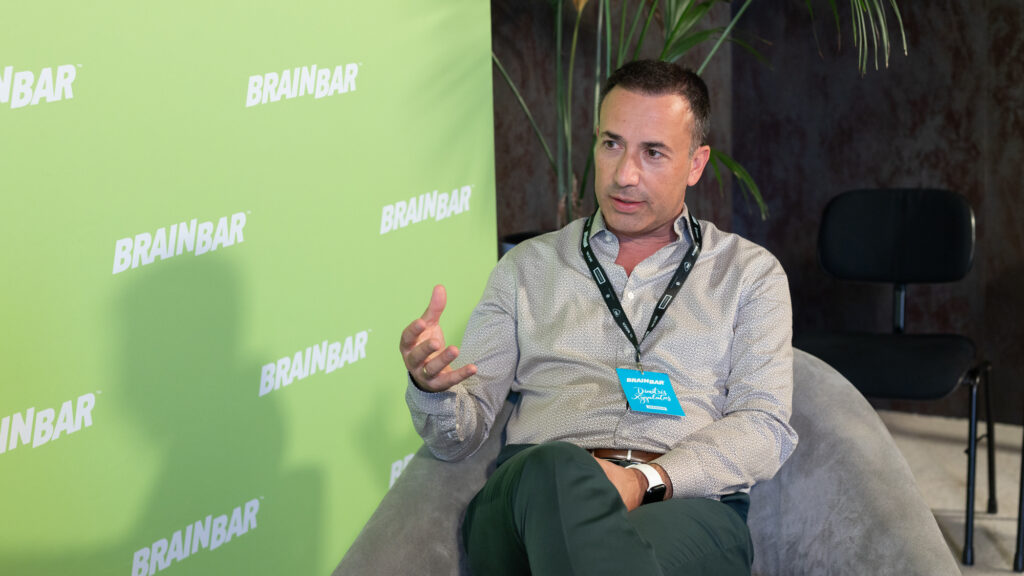
So are digital rituals meaningless, or can they still matter?
They can still matter, especially for people who are isolated or far from loved ones. During the pandemic, my wife and I in the USA used digital rituals to stay connected with our families, who live in Europe. But they don’t rise to the same level as physical rituals, because they lack tactile, embodied components.
I’m an optimist when it comes to technology, though. I believe that as technology advances, through more realistic virtual experiences with movement and touch we may eventually be able to create rituals in digital spaces that feel meaningful. But for now, physical presence remains essential.
Are rituals disappearing in our modern, secular world, or are new ones taking their place?
The need for ritual never disappears. It only changes forms. Religion and the state once monopolized ritual, but as societies become more secular, people create new ones: in sports, concerts, political movements, even everyday life.
Every student who celebrates graduation, every family that gathers for a wedding or funeral, every fan who chants in a stadium is engaging in ritual. New ones are invented constantly, though only a few survive. The ones that endure are those that help us cope with uncertainty and create social bonds.
What about small personal rituals like making your bed every morning? Do they matter as much as the big collective ones?
They matter in different ways. Personal rituals help regulate anxiety and strengthen identity. We’ve measured cortisol levels and heart-rate variability, and we see that individual rituals can reduce stress. They also reinforce self-discipline. For example, military routines or fasting rituals help people embody certain values and identities.
But personal rituals don’t create the same social bonds as collective ones. That’s why both are important—they fulfil different needs.
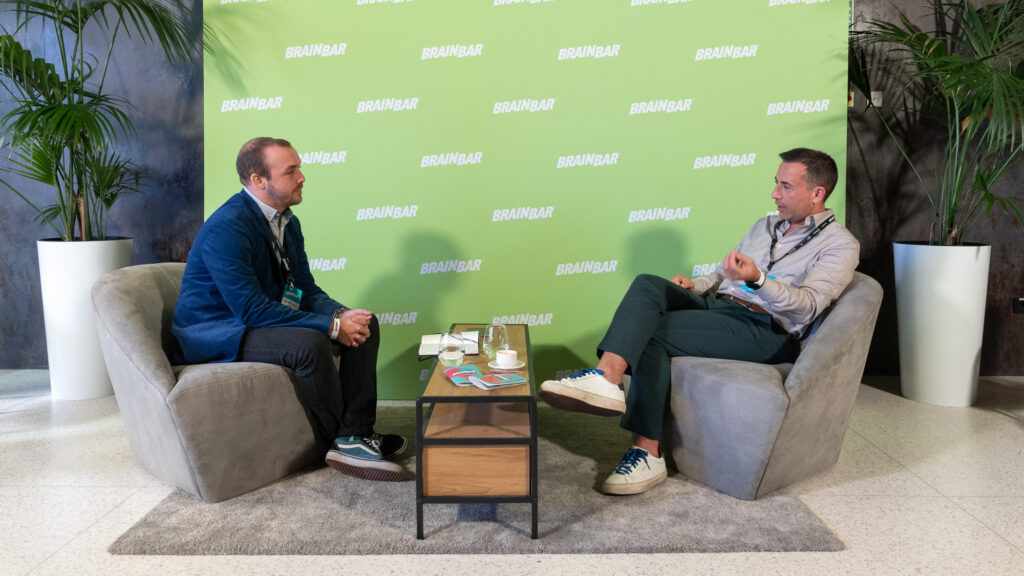
Do we need rituals more today than in the past?
Absolutely. We live more comfortably than ever before, but also more disconnected. Anxiety, depression, and loneliness are at historic highs. Rituals are crucial because they reconnect us. Anthropologist Roy Rappaport called ritual the ‘basic social act’.
If you look back, the very first human societies probably began with ritual—dancing around a fire. Even today, a group only truly becomes a group when it comes together for a ritual, whether it’s a family at a wedding, students at graduation, or citizens at a state ceremony.
‘Anxiety, depression, and loneliness are at historic highs. Rituals are crucial because they reconnect us’
That’s why we still fly across the world to attend conferences, concerts, or football matches. We could watch online, but it’s not the same. The meaning comes from being together, moving together, sharing emotions together. That’s the power of ritual—and we need it now more than ever.
Can you give examples of rituals in modern secular settings?
On example coming from my lab is research on ritual among sports fans. At the University of Connecticut, where I work, we followed basketball fans for a full year. We measured their physiological responses whether they were watching games in the stadium—16,000 seats—or watching on television in groups. We analyzed everything: the pace of the game, score, key plays, even player gender.
The biggest predictor of emotional unity wasn’t the game itself: it was whether they were physically present in the stadium. Fans in the arena had far stronger emotional synchrony, which in turn made the game feel more meaningful and bonded them more with other fans. Strong loyalties, I argue, are forged in the terraces, through chanting, jumping, and shared movement—not in isolation or online.
I became a fan this way myself. As a child, I went to a Greek stadium of 40,000 people with flares and chaotic energy. I was too small and as everyone was standing, I couldn’t really see what was happening in the game, but I was captivated by the ritual interactions of the crowd itself. More recently, we studied fans at a cup final in Brazil. The pre-game rituals created more emotional synchrony than the game itself, except for the moments of scoring. Even team delegates who were riding on the bus as it passed through the crowd experienced the same synchrony with the fans. Anticipation, togetherness, and embodied participation, all of this proves how fundamental ritual is.
Related articles:

